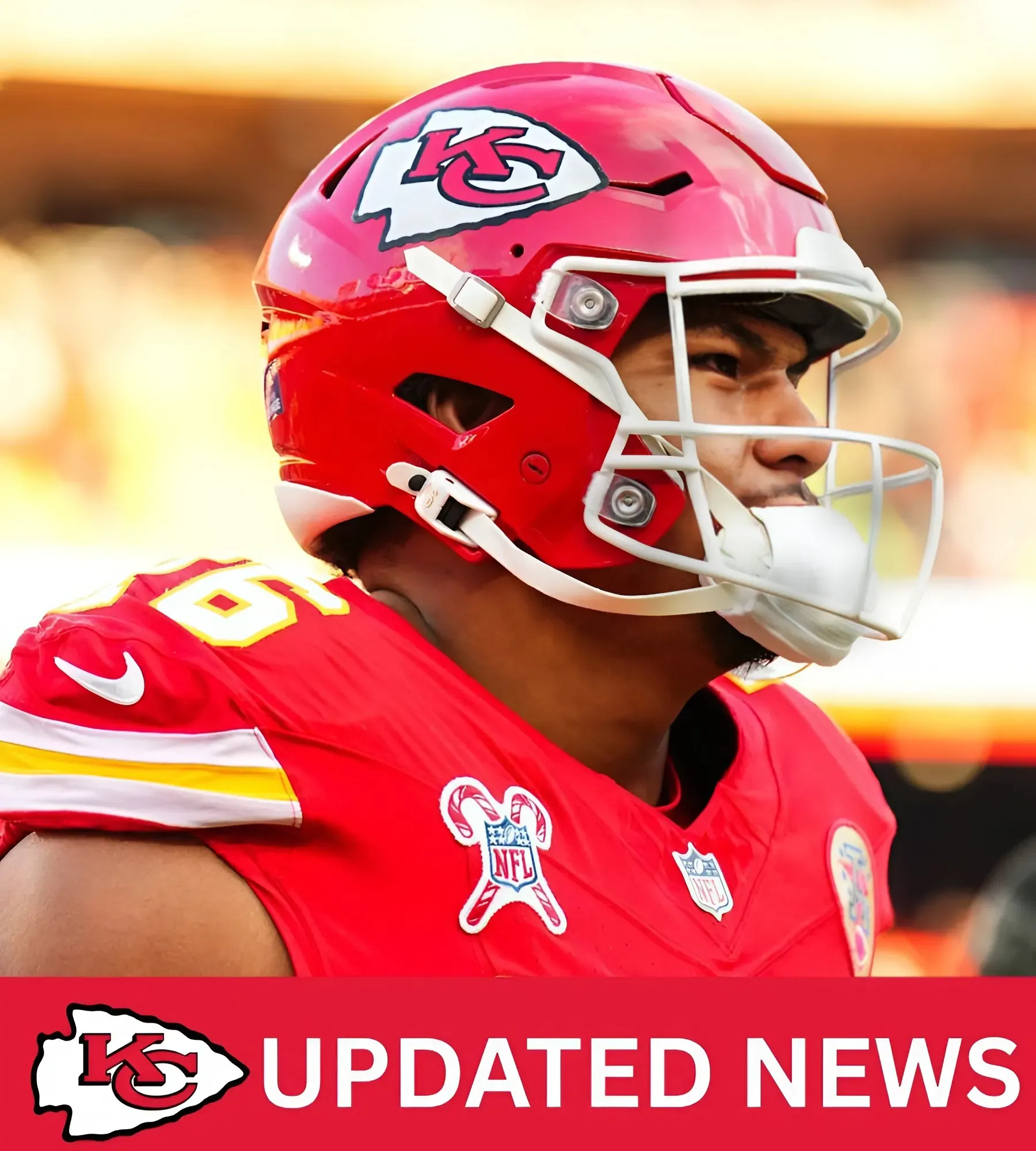Many college football players — and athletes in general — see their careers defined by a fleeting, infamous moment.

But few are involved in as bizarre an incident as Tommy Lewis. He was the Alabama fullback and team captain who illegally came off the sideline to make a tackle in the Crimson Tide’s Cotton Bowl loss to Rice on New Year’s Day 1954.
Alabama trailed Rice 7-6 in the second quarter, when Owls halfback Dicky Moegle — who had scored on a 79-yard run earlier in the game — broke loose down the right sideline. Lewis, on the bench with the Crimson Tide offense, inexplicably ran onto the field — sans helmet — and threw a shoulder into Moegle’s legs near midfield.
Here’s video:
After the play, Lewis ran back to the Alabama bench and hid his head in his hands. His response when asked about it after the game became famous in its own right.
“I’m guess I’m too full of Alabama,” Lewis said. “He just ran too close.
“… I kept telling myself ‘I didn’t do it. I didn’t do it.’ But I know I did.”
Officials awarded Moegle a 95-yard touchdown under college football’s “unfair act” rule. The Owls went on to win the game 28-6, with Moegle scoring three touchdowns and rushing for a Cotton Bowl record 265 yards on just 11 carries.
“Tommy Lewis was seen to jump from the bench and leaped for Moegle,” Zipp Newman wrote in the following day’s Birmingham News. “Lewis’ (jersey number) 42 looked bigger than a headlight. It was a terrific tackle.
“There was a round of boos that quickly died out. And Moegle became the first player in all bowl history to score a touchdown while flat on his back.”
Newman also noted how Lewis’ teammates and coaches rallied behind him, as did many in the media. The Dallas Morning News’ Felix R. McKnight called on readers to write to Lewis “and let him known he hasn’t lost his last friend.”
“He’s quite a fighter — and we like them that way in Texas,” read McKnight’s front-page editorial in the paper’s Jan. 2 edition. “… Texans know competitive spirit. We thrive on it. It might not be a bad idea to drop Tommy Lewis a line over at the University of Alabama.”

Lindsey Nelson, calling the game for CBS Sports along with Hall-of-Fame running back Red Grange, described what he saw on the play many years later. Ironically, Grange had asked Nelson during dinner the night before if he’d ever seen anyone come off the bench to make a tackle.
“Dicky Moegle was running down the sidelines and I was trying to decide in my own mind whether anybody could catch him,” Nelson told the Associated Press in 1979. “All of a sudden, he went down. There was total consternation. I hadn’t seen anyone capable of making the tackle, but I did see this guy with no helmet on scampering back to the Alabama bench. It was Tommy Lewis.
“Up in the booth, Red had the biggest smile on his face. He just turned to me and motioned for an explanation. I said on the air that in a case like this, the referee is empowered to award a touchdown, which he did. Nobody knew Red and I had discussed the very same possibility the night before.”
Lewis apologized to Moegle and Rice coach Jess Neely after the game, and the two players later appeared together on the Ed Sullivan Show. Moegle (who later changed the spelling of his last name to “Maegle” to better reflect its pronunciation) told a reporter several years later he was fortunate to avoid serious injury on the play, though he still came out of it hurting.
“I veered one step to my left before the tackle, otherwise I think he’d have broken both my legs,” Moegle told the Associated Press in 1979. “It didn’t come out at the time, but it tore a hip muscle.”
Moegle, however, quickly forgave Lewis.
“He’s a nice guy and I like him personally,” Moegle, who died in 2021, said 25 years later. “I’ve been very sympathetic with what he did because he’s suffered a great deal as a result and it’s been very traumatic for him.”
Indeed, Lewis — a good football player on a good Alabama team who later became a very successful businessman in the Huntsville area — never lived down the moment. He died in 2014, but had to endure more than 60 years of being asked about the play, the grainy, black and white footage of which gets replayed often around Cotton Bowl time and has appeared in numerous all-time sports blooper compilations.
“If I could take back anything in my whole life, that would be it,” Lewis once said.


-1754359230-q80.webp)